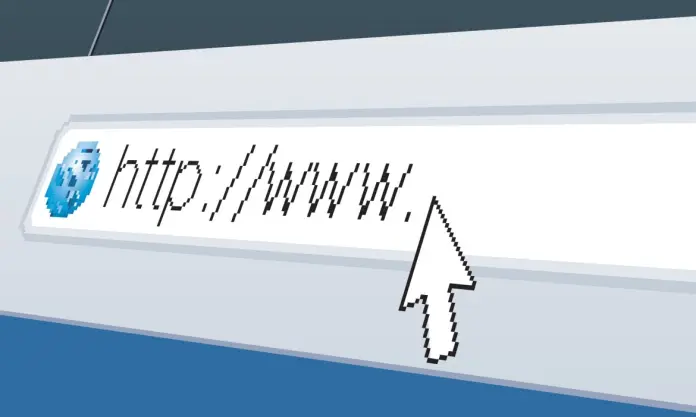The European Union Intellectual Property Office (EUIPO) has published a “Comparative case study on alternative resolution systems for domain name disputes.” EUIPO analyzes 11 hypothetical case scenarios concerning out-of-court resolution of disputes over the infringement of intellectual property rights through the registration of a domain name. The study seeks to promote alternative dispute resolution mechanisms.

Don’t miss our content
SubscribeThe European Union Intellectual Property Office (EUIPO) has published a “Comparative case study on alternative resolution systems for domain name disputes.” EUIPO analyzes 11 hypothetical case scenarios concerning out-of-court resolution of disputes over the infringement of intellectual property rights through the registration of a domain name. The study seeks to promote alternative dispute resolution mechanisms.
EUIPO selected 10 dispute resolution policies (the Uniform Domain Name
Dispute Resolution Policy or UDRP, the Australian, Danish, European, Italian, UK, Chinese, Japanese, American and Dutch) and analyzed their most relevant characteristics: the requirements for initiating a procedure, the procedure, the estimated duration, the costs and the possibility to appeal the decision.
The study concludes that all countries except Denmark have chosen to base their policy on ICANN’s Uniform Domain Name Dispute Resolution Policy (UDRP) with minor variations.
For instance, the UK, Italian and Dutch policies introduce a mediation stage for the parties to reach a solution before initiating arbitration proceedings. Another example is the UDRP’s requirement that the complainant prove bad faith at the time of registration, while under most other DRPs it is sufficient to prove that either registration or use of the domain name is in bad faith.
The most relevant divergence is in the European policy (euADR), which does not include the three cumulative requirements of the UDRP, i.e., (i) the domain name is identical or confusingly similar to the trade mark; (ii) the respondent has no rights or legitimate interests in the domain name; and iii) the domain name has been registered and is being used in bad faith. Instead, the euADR only requires complainants to prove that the disputed domain name is identical or confusingly similar to the trade mark and, either the lack of legitimate interest or the bad faith in the registration.
The study analyzes eleven hypothetical case scenarios proposed by EUIPO (among others: registration of domain name in good faith with subsequent bad faith use; registration of domain name to criticize a competing brand; a domain name that relates to the owner’s surname, that coincides with a trade mark). An expert panel is established for each policy to resolve the dispute in question.
EUIPO summarized all their comments and decisions in different tables and statistics in order to provide more clarity for intellectual property rights holders, domain name stakeholders and policy makers.
By Esther Ballesteros
Don’t miss our content
Subscribe